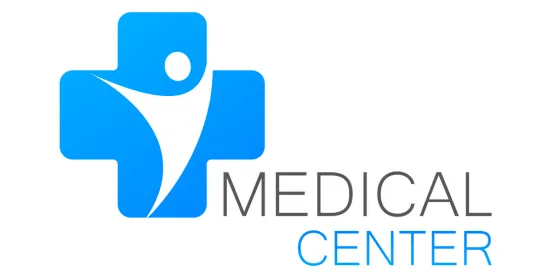The Office of Inspector General for the Department of Health and Human Services (OIG) recently issued a favorable Advisory Opinion on a proposed arrangement by a community health center (Health Center) designated under Section 330 of the Public Health Service Act (PHSA). The Health Center provides certain social services to individuals (e.g., providing diapers and baby gear to indigent families; assisting crime victims with replacing locks) and proposes to identify individuals in need of primary care services while providing them social services, inform them of available primary care services, and schedule appointments for them to receive such primary care services from the Health Center or a local provider. Noting that the social services would qualify as remuneration that could induce individuals to self-refer to the Health Center, the OIG addressed whether this plan would trigger sanctions under the federal Anti-Kickback Statute (AKS) and the Beneficiary Inducements CMP. Ultimately, the OIG approved the proposal based on the Health Center’s inclusion of several safeguards, including the use of an objective criterion for identifying individuals and the inclusion of multiple providers in the referral list.
The Proposed Arrangement
The Health Center provides both medical and non-medical social services to underserved populations, including childcare, food banks, employment counseling, and legal services, all designed to improve health outcomes and access to healthcare. The Health Center's scope of project, approved by the Health Resources and Services Administration (HRSA), includes these additional non-medical social services. Under the proposed arrangement, the Health Center would aim to identify individuals in need of primary care during the provision of these social services, inform them about available primary care services, and schedule appointments at the Health Center or refer the individuals to local providers.
OIG's Conclusion
Despite the arrangement potentially generating prohibited remuneration, the OIG concluded that it would not impose administrative sanctions under the AKS or the Beneficiary Inducements CMP based on the following safeguards that reduce the risk of steering patients to the Health Center:
- Objective Criterion for Identifying Individuals. The Health Center uses an objective criterion – whether the individual has seen a primary care provider within the last year –to identify individuals in need of primary care services. This approach does not promote the Health Center and reduces the risk of steering patients.
- Non-Promotional Referral List. The list of primary care providers given to individuals is organized in alphabetical order and drafted without promoting the Health Center (e.g., no bold font, underlining, or other emphasis). Additionally, the Health Center implements an "any willing provider" standard, ensuring that any community provider can be included on the list.
- Alignment with Health Center's Mission. The Health Center provides primary care services to underserved populations, regardless of their ability to pay. The proposed arrangement aligns with its designation as a Health Center under Section 330 of the PHSA, which requires activities focused on recruiting and retaining patients from the service area and promoting optimal use of primary care services.
Conclusion
The OIG has issued multiple favorable OIG advisory opinions involving designated community health centers offering some form of remuneration to individuals to improve patient engagement and access to healthcare. In 2020, the OIG approved a health center’s proposal to offer $20 gift cards from “big-box” retailers to incentivize pediatric patients who had previously missed two or more preventive and early intervention care appointments to attend such appointments. In 2012, the OIG issued a favorable advisory opinion on a health center’s proposal to offer $20 grocery store gift cards as an incentive to visit the health center for a screening or clinical service.
Other types of health care organizations, like health systems and hospitals, providers vertically integrated with plans, and providers at financial risk, may find value in offering similar incentives and social services to enhance patient engagement and improve health outcomes. They should consider the factors highlighted in this advisory opinion as ways to reduce risk, but they should exercise caution before proceeding. Advisory opinions are binding only with respect to the requesting party, and designated health centers under Section 330 of the PHSA are unique in that they are statutorily required to conduct a broad range of activities focused on recruiting and retaining patients from the service area and promoting and facilitating use of primary care services.




 />i
/>i
